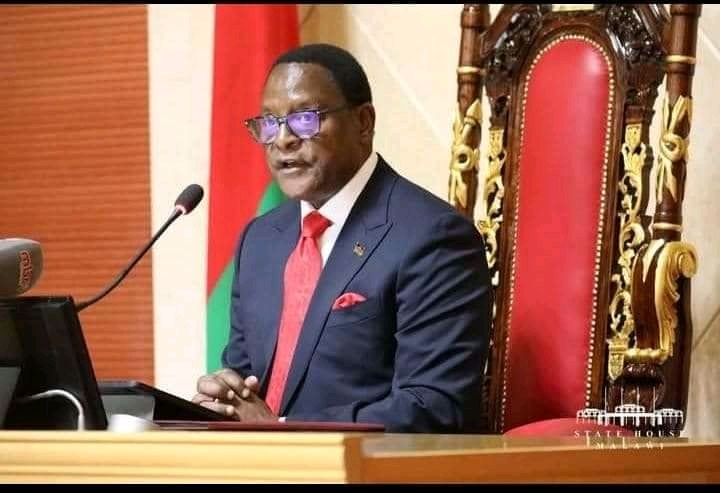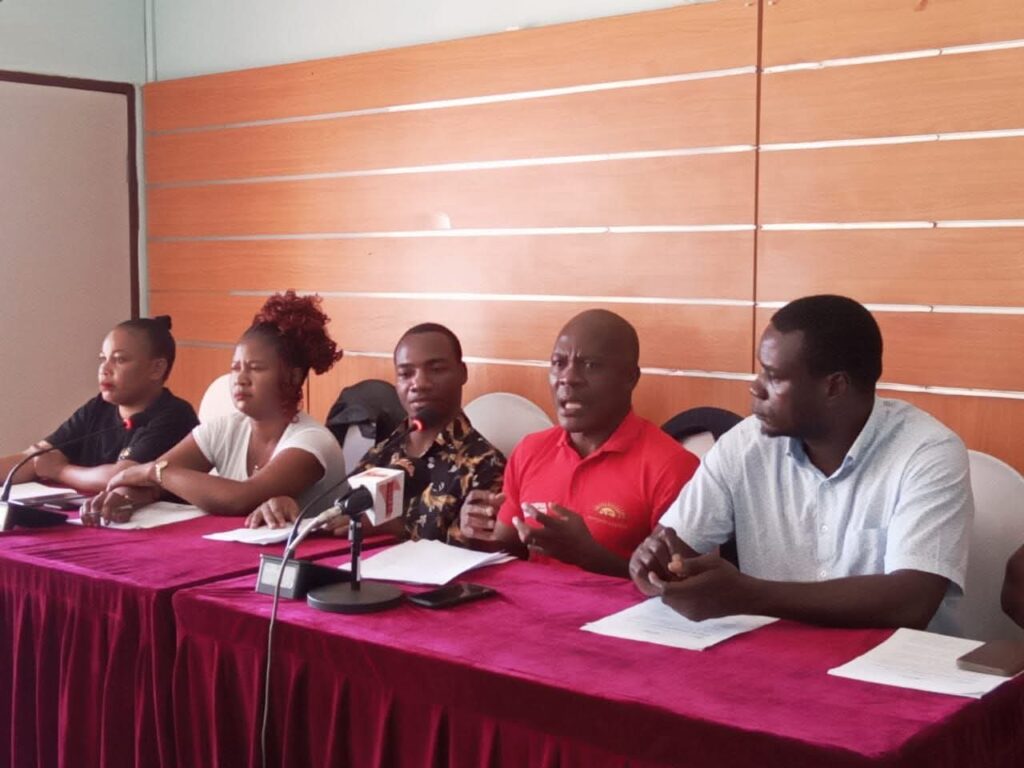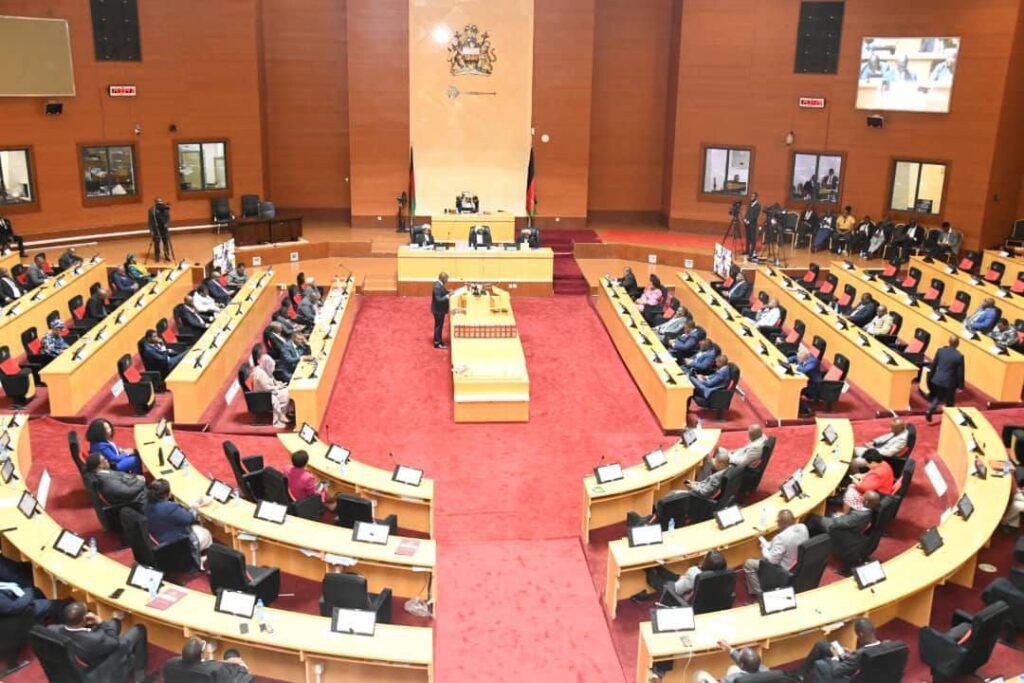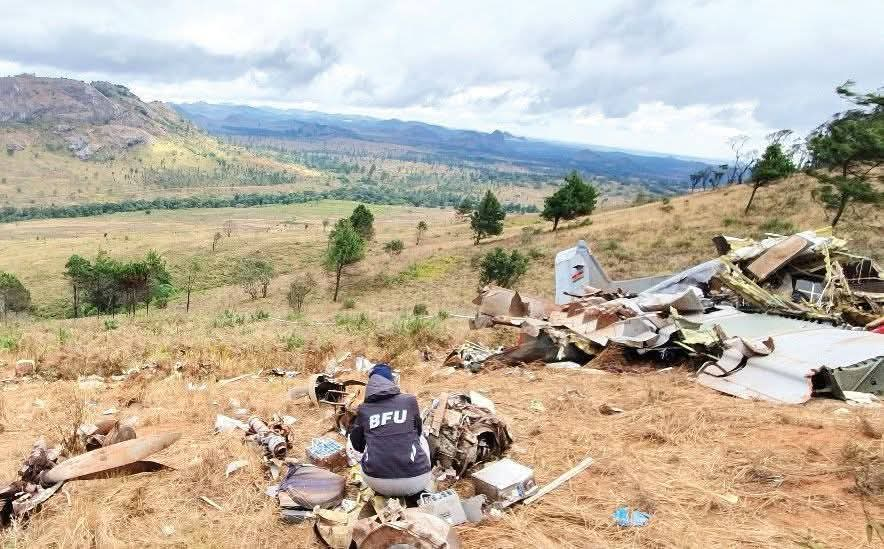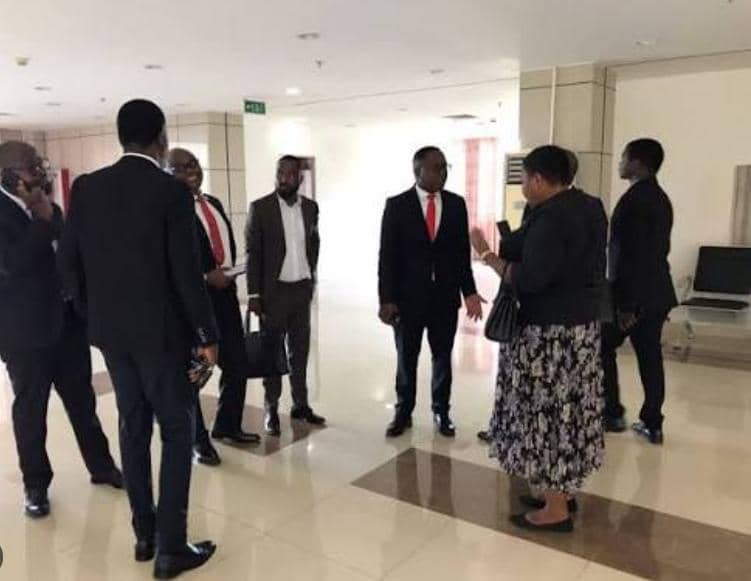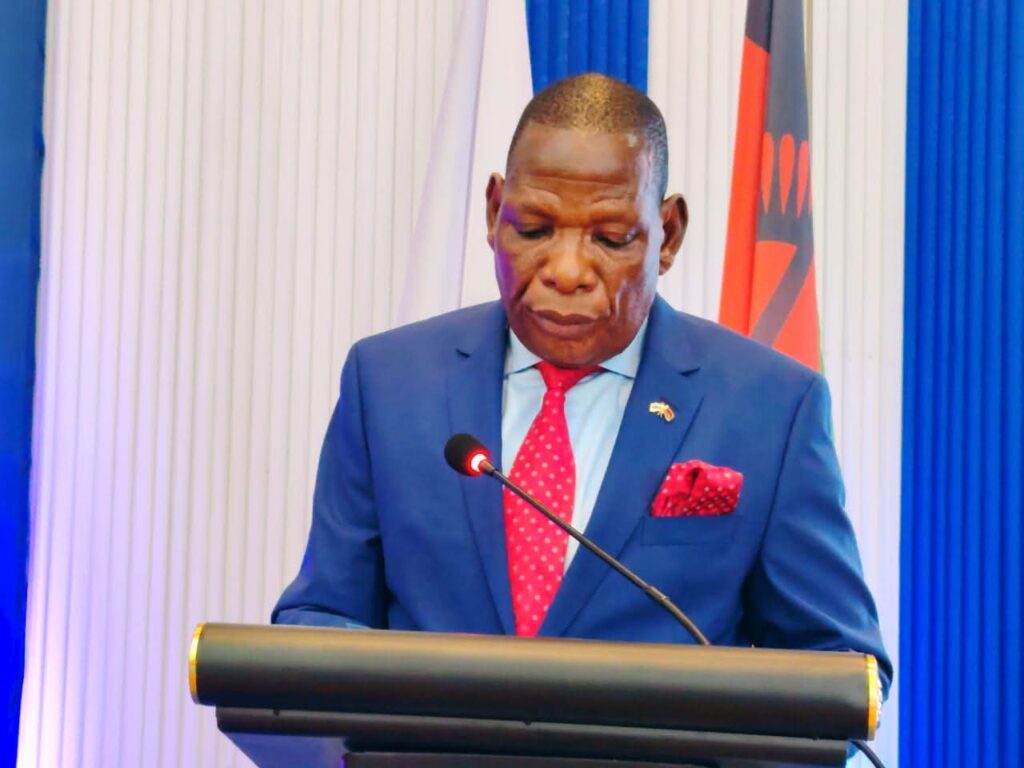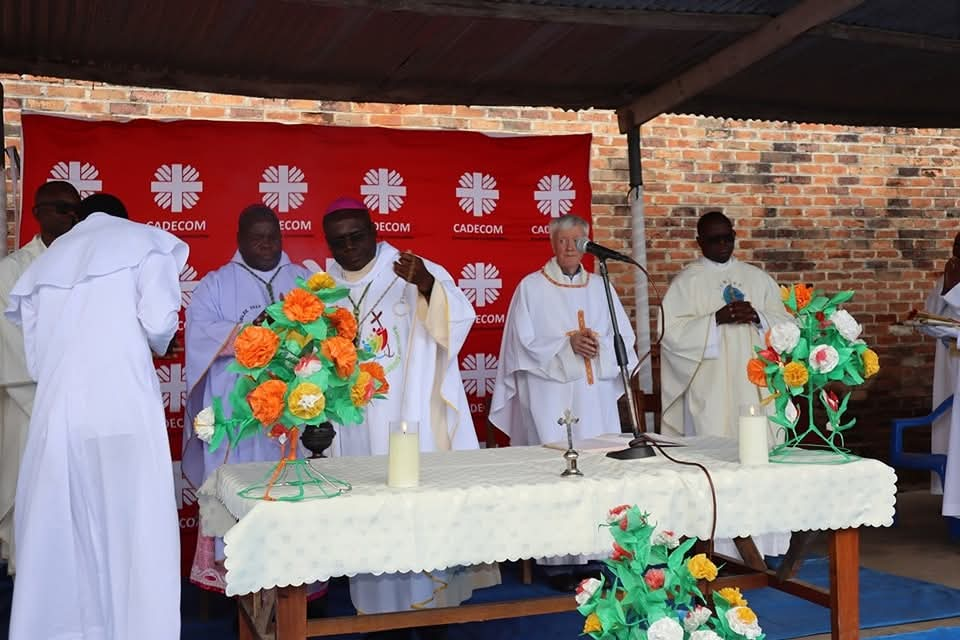The economic crisis in Malawi under Lazarus Chakwera’s administration is a complex combination of both structural issues and mismanagement, resulting in persistent fuel shortages, severe forex shortages, and hyperinflation. This has had significant consequences for businesses, households, and the overall economy, deepening the nation’s financial woes. Here’s a comprehensive breakdown of the crisis:
- Fuel Crisis (Mid-2023 – Present)
Malawi has struggled with fuel shortages for over seven months, primarily due to a lack of sufficient foreign exchange (forex). This has caused disruptions in transportation and production, making daily life difficult and slowing down economic activities. The government’s inability to secure stable forex reserves exacerbated the situation, leading to prolonged fuel crises.
- Forex Shortages and Devaluation (Late 2023 – Present)
Starting in late 2023, the forex crisis worsened, making it difficult for businesses to import goods and services. The Malawi kwacha was repeatedly devalued, including a 44% devaluation in November 2023. This weakened purchasing power, contributing to a higher cost of living and further inflating the economic pressures on citizens and businesses.
- Hyperinflation (December 2023 – Present)
By December 2023, inflation surged to critical levels, with basic commodities like food, fuel, and medicine becoming unaffordable for most Malawians. As inflation continues to spiral, many households are unable to meet basic needs, while businesses struggle to operate amidst high costs.
- Business Closures and Economic Decline (January – February 2024)
With the continued forex crisis and hyperinflation, many businesses, particularly those reliant on imports, have either closed or reduced operations. The manufacturing, retail, and services sectors have been severely affected, leading to job losses and economic contraction, further compounding the nation’s difficulties.
- Government Response and Public Frustration
The government has promised economic recovery, but tangible solutions have been slow to materialize. There is growing public frustration, with many citizens, civil society groups, and businesses expressing concerns over the government’s handling of the crisis. While the administration’s efforts to stabilize the economy remain ongoing, it appears that progress is limited, and the public is increasingly skeptical.
- Contributing Factors to the Crisis
Several actions under Chakwera’s administration have worsened the economic situation:
a. Ballooning Wage Bill in Embassies
The increased wage bill in Malawi’s embassies abroad has led to a significant drain on foreign exchange reserves. The country has to allocate forex to sustain these embassies, diverting resources that could have been better used for imports and economic recovery, contributing to the forex crisis.
b. Excessive Entourage During International Travel
Critics have pointed out the excessive entourage accompanying President Chakwera on his international travels. These trips, including costs for allowances and accommodations, have further depleted the country’s forex reserves. In times of crisis, this can be seen as an unsustainable use of limited national resources.
c. Abuse of Forex through Export Receipts (CD1 Paper)
There have been reports of ruling party officials using their influence to obtain CD1 papers for exports but failing to return the forex to Malawi. This illegal activity directly contributes to the depletion of forex reserves, further exacerbating the shortage and weakening efforts to stabilize the economy.
d. Corruption Involving Forex and the Black Market
Ministers and officials reportedly securing forex from the Reserve Bank of Malawi (RBM) at favorable rates and diverting it to the black market have worsened the forex crisis. These actions flood the market with local currency but without adequate forex backing, leading to inflation and destabilizing the currency.
e. Malawi Revenue Authority’s Inaction
The Malawi Revenue Authority’s apparent awareness of these corrupt activities without taking action is concerning. This inaction signals a breakdown in governance and accountability, allowing economic malfeasance to persist unchecked and deepening the country’s financial woes.
Conclusion
The current economic crisis in Malawi is not just a result of global factors but also due to domestic mismanagement, corruption, and ineffective governance. The ballooning wage bill in embassies, excessive foreign travel expenses, export-related forex abuses, and black market manipulations have compounded the crisis, leading to deeper forex shortages, skyrocketing inflation, and economic contraction. If these issues continue, the situation is likely to worsen, requiring urgent reform and accountability from the government.
- ACB Urged to Act on Chithyola Corruption Allegations as Public Trust Wants Answers
- Judiciary Under Siege: CDEDI Demands Immediate Resignation of Chief Justice and Attorney General Over Corruption Claims
- MCP member welcomes wholeheartedly Chilima’s new investigation
- Parliamentary Absenteeism Reaches Crisis Point: 159 MPs Skip Sitting
- Senior Citizen Urges Malawian Parliament to Strengthen Oversight After Supreme Court Finance Bank Ruling
- Imran Jumbe Hails Mutharika for Fresh Chilima Crash Inquiry
- UNCOVERING THE TRUTH: Why a Fresh Inquiry into Chikangawa Plane Crash is a Necessity
- Can Parliamentarians Walking Out of Parliament Solve the Country’s Problems?
- Limpopo FM appeals to activists to respect Jane Ansah
- Scorchers Eliminated from COSAFA Despite Angola Stalemate
- Activist Agape Khombe Calls for Broad-Based Inquiry into Chilima Plane Crash
- Black Box Politics: Who Is Telling the Truth?
- Government to Buy Back Part of K22 Trillion Debt – Mwanamvekha
- Fresh Probe Ordered Into Chikangawa Crash That Killed Saulos Chilima

